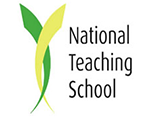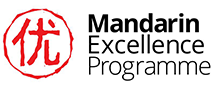Chemistry
Why study chemistry A level?
Chemistry is a very enjoyable and diverse subject. You will learn about a wide range of concepts and the experience will equip you for further learning in a broad range of fields.
Chemistry is a practical subject and you will learn and develop a range of skills and techniques that can be applied in many areas of practical science.
Chemistry is seen as an essential A level for a number of degree courses including Biochemistry, Medicine and Medicine related courses, Chemical Engineering, Pharmacy, Forensic Science, Earth Sciences, Environmental Sciences to name just a few.
What will I study?
We follow the AQA A level chemistry specification (7405).
The course is divided into the traditional areas of physical chemistry, inorganic chemistry and organic chemistry.
Physical chemistry covers topics such as atomic structure, bonding, energetics, equilibrium, rates of reaction, acids and bases and moles.
Inorganic chemistry includes the study of the reactions of the elements in group 2, group 7, the elements in the 3rd period and the transitions metals.
Organic chemistry is the study of carbon based molecules such as alkanes, alkenes, alcohols, aldehydes, ketones, carboxylic acids, amines and amino acids.
There are 3 papers in the final examination;
Paper 1 covers aspects of Physical and inorganic chemistry (35% of total marks)
Paper 2 covers aspects of Physical chemistry and organic chemistry (35% of total marks)
Paper 3 has questions on practical skills and techniques (30% of total marks)
Check the AQA website for more information –
https://www.aqa.org.uk/subjects/science/as-and-a-level/chemistry-7404-7405/specification-at-a-glance
How will I study?
You will be taught by a team of two teachers who will deliver different topics using a variety of activities including teacher led lessons, group work, practical work and research activities.
There is a lot of practical work involved and you will keep a lab book as a log of your work. There is no practical exam or assessment. You have to complete a set number of Required Practicals during which your teachers will carry out a basic skills assessment.




